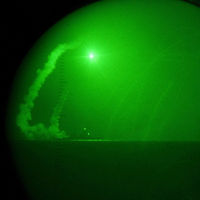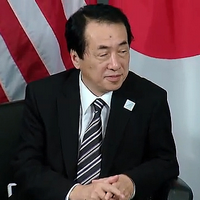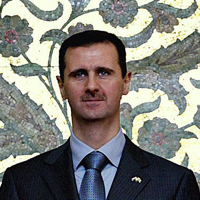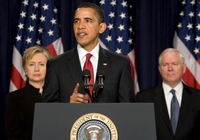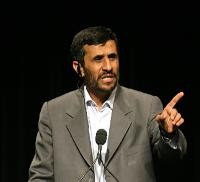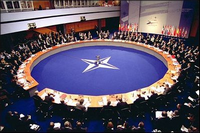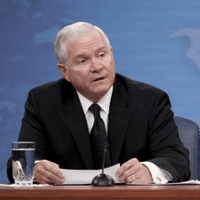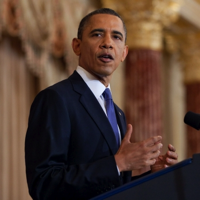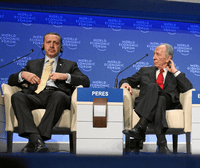
In retrospect, the gradual crumbling last year of diplomatic relations between Turkey and Israel was a harbinger of some of the changes that would subsequently come to the rest of the region. For decades, Turkey was one of the few Muslim nations that had good relations with the Jewish state. Ankara maintained strong diplomatic, military and economic ties with Israel. But then democracy started gaining ground in Turkey, and when an Islamic party came to power, the relationship started to deteriorate. Now, with politicians in both countries having scored points over the rift, calculations on both sides point to the […]

